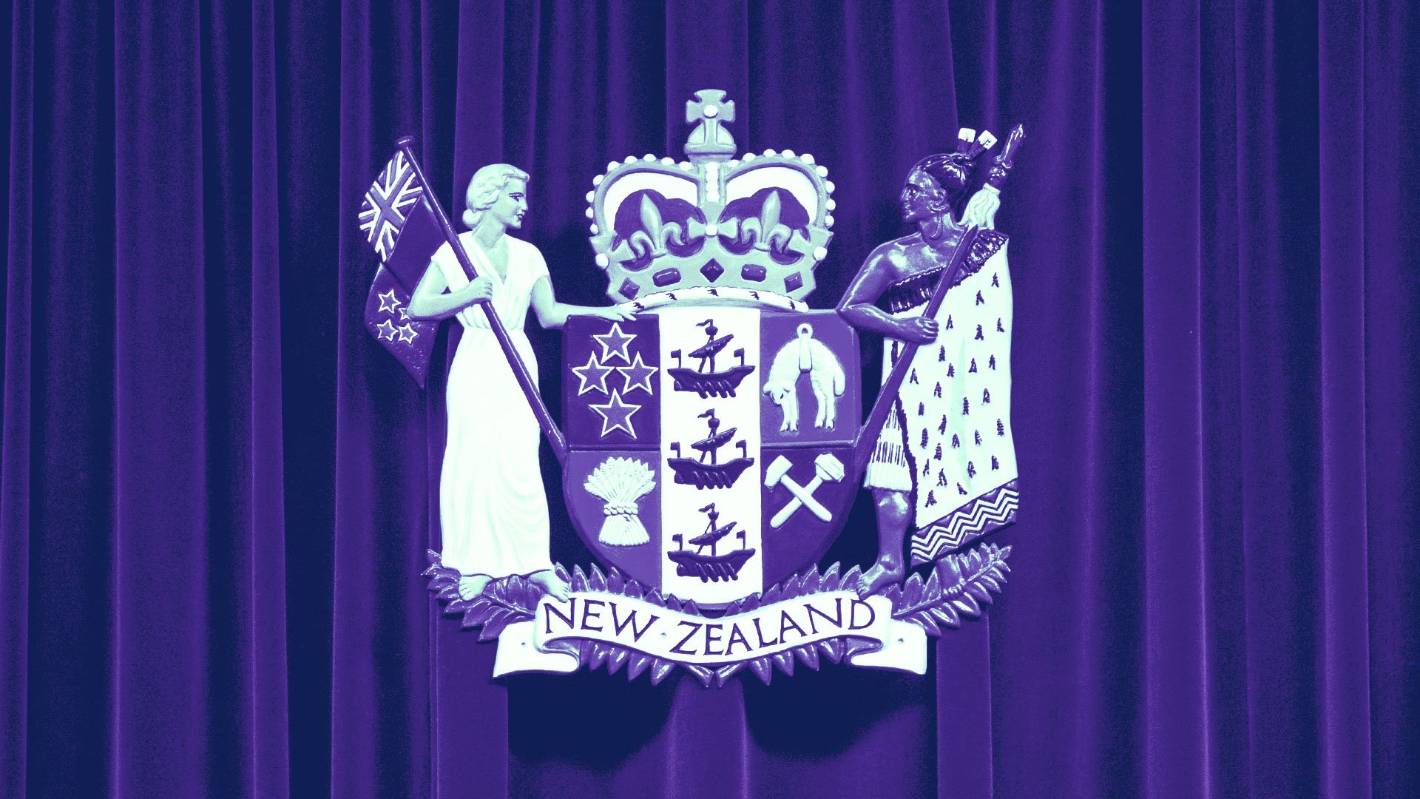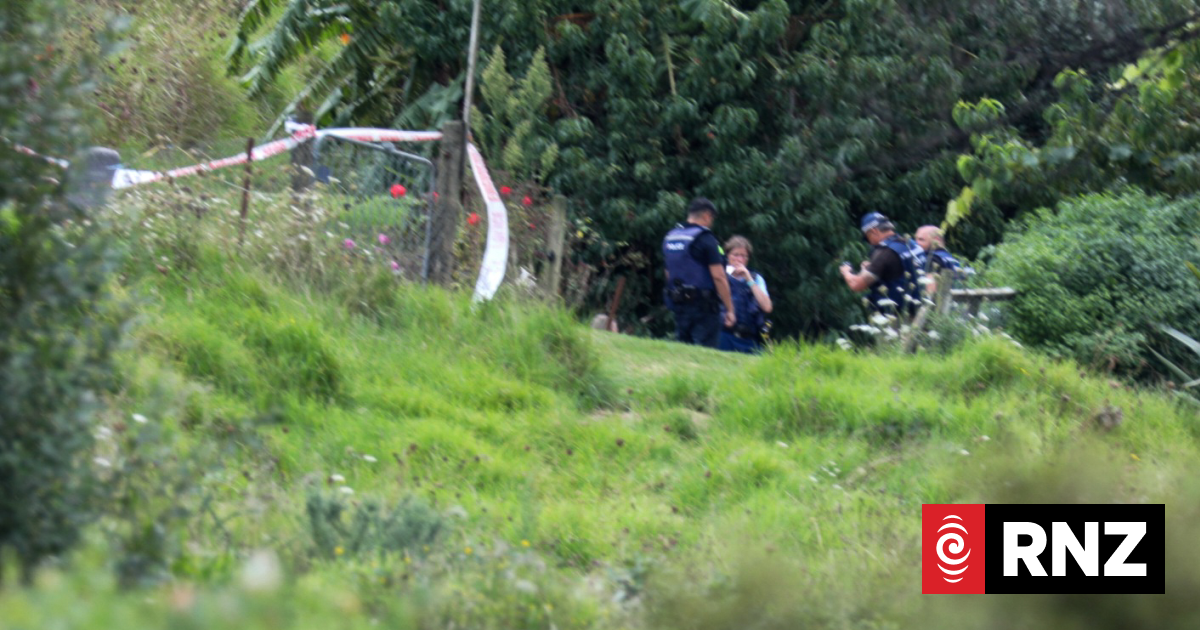Stuff
The High Court has decided a 3-year-old girl is Māori, even though her father says she isn’t.
The High Court has ruled a 3-year-old girl is Māori, while her father says she isn’t.
Oranga Tamariki (OT) sought legal resolution to a dispute with the girl’s parent after there was a disagreement over who should care for her.
The child – referred to as “C” in a judgement from the court – is of Māori, Australian Aboriginal and NZ European descent. She was uplifted by Oranga Tamariki shortly after being born.
She was placed in temporary care with friends of C’s mother.
READ MORE:
* ‘Hardest decision of our lives’: Foster parents return Moana to state care
* National Portrait: ACT MP Karen Chhour, from state child to Member of Parliament
* Can Pākehā caregivers provide adequate cultural support for Māori children in care?
In the recently-released decision, Justice Edwards said there was a dispute over who should be C’s permanent carers – the child’s father wanted C to remain with her current caregivers, while Oranga Tamariki said she should be placed with wider family.
C’s father, who is of Scottish descent, does not consider the tamariki to be Māori, identifying her instead as NZ European and Australian Aboriginal.
ROSS GIBLIN/STUFF
The deputy head of Oranga Tamariki, Hoani Lambert believes the call for no children requiring being uplifted should be supported. (Video first published in October 2020)
C’s mother did not sign an affidavit in support of the father’s application, but had previously signed one acknowledging her own Māori whakapapa.
Oranga Tamariki labelled C as a “Māori child”.
Oranga Tamariki agreed it has no power to determine C’s ethnicity and whakapapa, but said labelling C as a “Māori child” was a question of fact, and the agency did not act unlawfully by recognising her Māori whakapapa.
Current OT policy states that for children identified as Māori, the preference is that they are placed in a home within the whānau, hapū, iwi or family group.
Permanent placement with non-family “must only occur in exceptional circumstances, following extensive work with those groups”.
Christel Yardley/Stuff
OT recommended C be placed with whānau members connected through the mother’s maternal grandmother, who whakapapa to Northland iwi Ngātiwai.
It was recommended by OT that C be placed with whānau connected through the mother’s maternal grandmother, who whakapapa to Northland iwi Ngātiwai.
By way of an affidavit, Ngātiwai chief executive Aperahama Kerepeti-Edwards told the hearing that whakapapa is not a question of choice.
“When a child is born they are part of a kinship system that has been in place mai rānō [since long ago],” he said.
“The authority to decide the whakapapa of a person does not sit with parents. We do not think in those terms in tikanga Māori.
“Our whakapapa is our inherent right to know who we are, who we descend from and how we link to the taonga of our ancestors.”
Justice Edwards considered Oranga Tamariki was right to determine C as a Māori child, despite her parents’ choice of ethnicity, but noted that the child’s NZ European and Aboriginal ancestry couldn’t be ignored either.
Kerepiti-Edwards said it was important for one’s whakapapa to embrace all parts of where you’re from.
“It is through your whakapapa that you embrace and acknowledge all of the different threads that form you as a person and that connect you to others,” he said.
“This fabric includes all of the parts of your whakapapa – your different whānau, tribes and ethnicities.”
The judgement was delivered in February.



